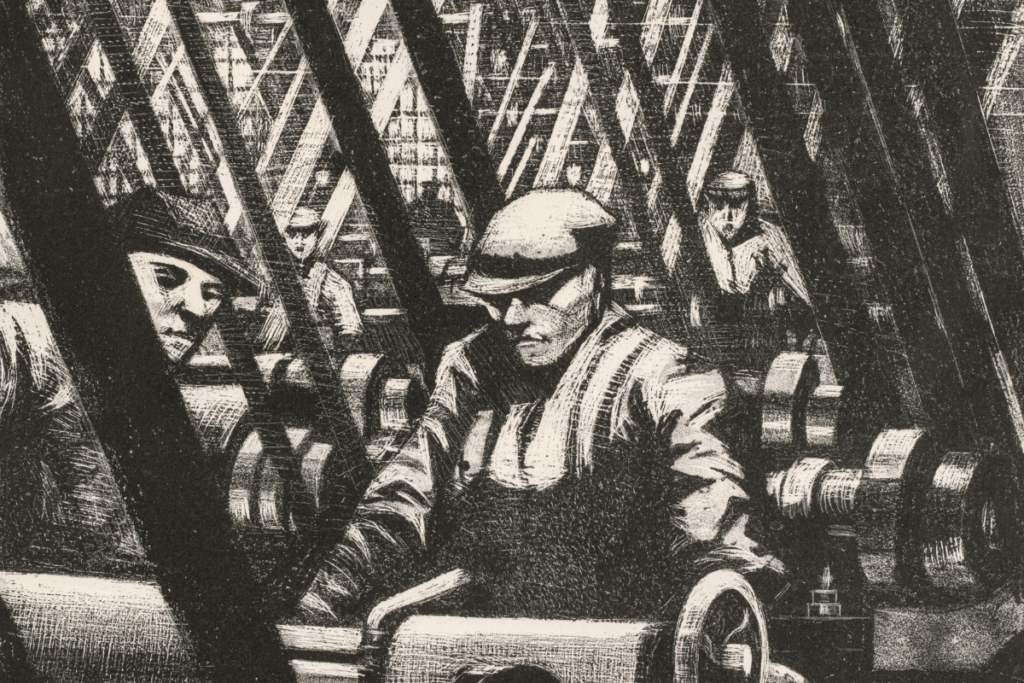Recently, business headlines have been dominated by layoffs at tech companies but it turns out the U.S. labor market might be too strong. Job gains exceeded expectations and, in a warning sign for the Fed’s battle against inflation, wage growth was shockingly strong. Yet the labor force shrunk. So hiring is red-hot, but a scarce pool of workers and accelerating wages could force the Fed to hike interest rates higher than they planned. It’s too much of a good thing.
The U.S. added 263,000 jobs in November, which was above market expectations for a gain of 200,000. The unemployment rate remained steady at 3.7%. Labor force participation ticked down slightly to 62.1%. Job gains were strong in leisure and hospitality, healthcare, and local government. Retail and transportation/warehousing jobs saw big declines.
Yikes: wage growth pops
Average hourly earnings had been strong but trending downward – a cooling that the Fed welcomed. But in November that reversed, with front-line workers (non-managers) in the private sector rising by over 8% (annual rate). Driving the pop in wages seems to be trade, transportation, and utilities workers, but also manufacturing.
Also yikes: Labor supply stalling
The prime-age labor force participation rate – the share of 25-to-54 year olds employed or actively looking for work – did not just stall out, but actively retreated. Down in November to 82.4% after three consecutive monthly declines and nearly a full percentage point below the pre-COVID mark. This is not good for expanding the pool of job seekers to meet the seemingly insatiable demand for workers.
Sectoral shifts continue
The service-based economy continues to expand, led by leisure and hospitality (+88,000) and healthcare (+45,000). The retail sector, however, lost 30,000 jobs last month, despite holiday shopping trends. Transportation and warehousing lost 15,000 jobs in November, led by declines in warehousing.
Leisure and hospitality has had a year of strong gains, averaging 82,000 per month in 2022. Last month was no different. Within the sector, food and drinking places reported strong gains last month, adding 62,000 jobs in November.
The retail sector’s losses were surprising given the timing. Unlike years past, the seasonal hiring bump appears to have skipped the all-important retail sector. Consumers increasingly prefer spending on services to spending on goods, negatively impacting employment growth in the sector.
What does this mean for recruiters?
To be blunt, this jobs day is a nightmare for recruiters. Why? Competition is fierce – there is a lot of hiring happening, despite recession fears and layoffs at a few major tech companies. The monthly job gains continue to beat expectations, yet the labor force growth is shrinking over the last three months. So recruiters are facing intense fights over a dwindling pool of labor. On top of that, wage growth was much higher than we thought this fall, which might complicate recruiters’ efforts to woo new employees.








